Fraunhofer is tackling the current challenges facing industry head on. Its lighthouse projects put the focus on strategic objectives with a view to developing practical solutions from which economies such as Germany’s can benefit. The topics these projects address are geared towards economic requirements. By pooling their expertise and involving industrial partners at an early stage, the Fraunhofer Institutes involved in the projects aim to turn original scientific ideas into marketable products as quickly as possible.
Flagship projects – Reducing Time to Market
Digital Ecosystem for a Resilient and Sustainable Supply of Functionally Reliable Materials – ORCHESTER

With the flagship project “ORCHESTER,” we are establishing the Fraunhofer-Gesellschaft as a leader in the interaction between industry, associations, politics and research in the supply of functionally reliable materials for the energy transition. As an interdisciplinary consortium, we combine experimental, simulation-based, process, sensor and digital technologies into a digital ecosystem that provides integrable solutions for evaluating functional safety and enables recommendations for action based on a digital knowledge base. We see “ORCHESTER” as a physical platform for building long-term and trusting relationships with companies in the value chains for stainless steels, aluminum materials and magnetic materials.
Green ammonia as a decentralized, cross-sector energy vector for the German energy transition – AmmonVektor

The industrial demand for electricity and process heat, for example in Germany as an industrial location, is immense and cannot be met without imports of sustainably produced energy sources. One such energy source of the future is hydrogen. However, its transportation over long distances, under high pressure or cryogenically liquefied, is very costly compared to the transportation of oil and is not yet feasible due to the lack of suitable ships. Solutions to these logistical challenges are being developed as part of AmmonVektor.
Experimental Vertical Take-Off and Landing Glider – ALBACOPTER®

Relocating parts of urban traffic into the air is not a dream for the future any longer. Within the ALBACOPTER® flagship project led by Fraunhofer IVI, an airborne experimental platform will be developed and approved for testing and demonstration flights that combines the VTOL capabilities of multicopters with the aerodynamic advantages of gliders.
BAU-DNS – A comprehensive process for building refurbishment that is sustainable, modular and circular
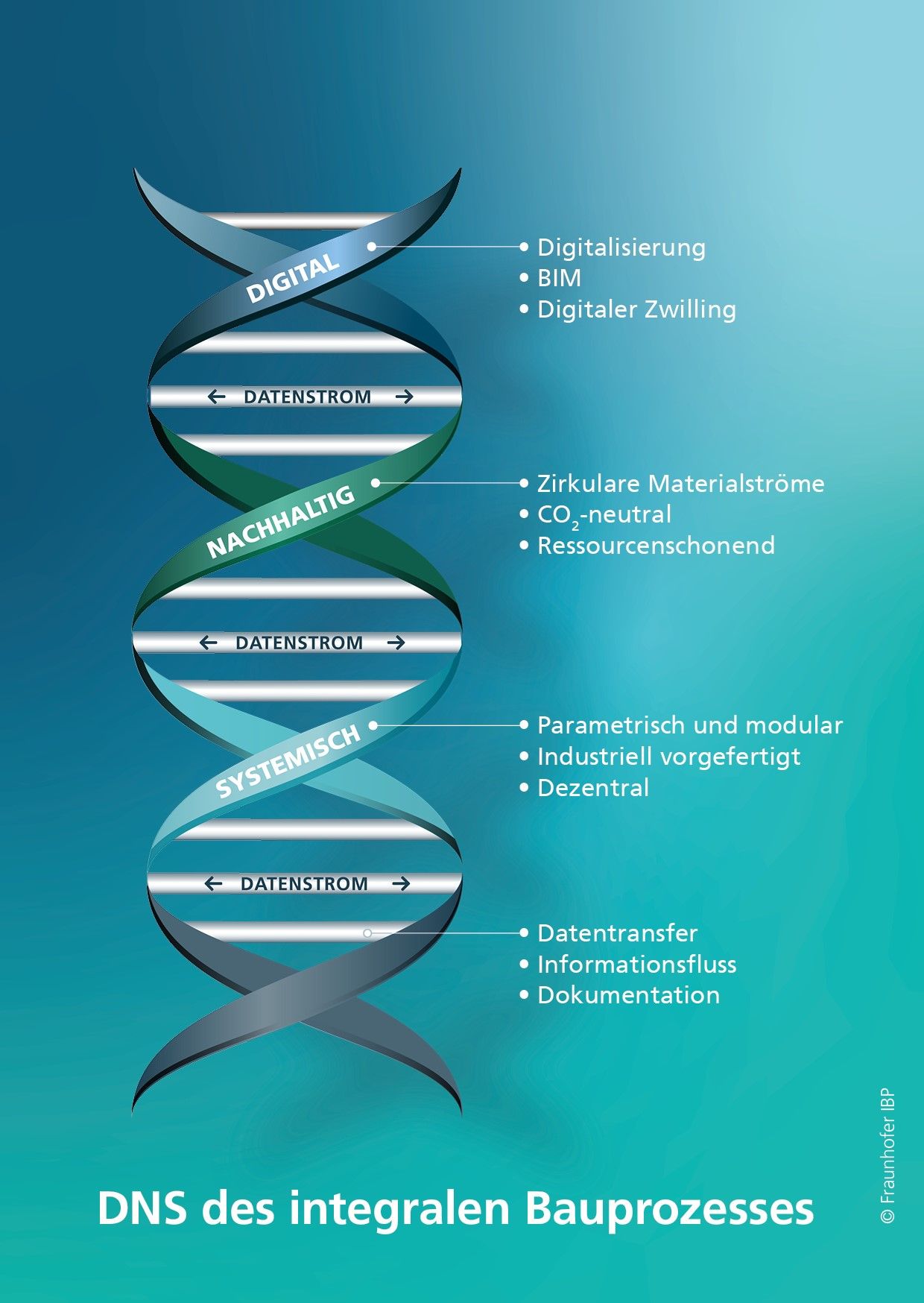
The BAU-DNS project participants are primarily focused on increasing productivity while reducing costs and improving the circularity and carbon neutrality of materials and systems. To achieve this, the consortium is pursuing three avenues of research: consistent data use, sustainable processes and a systemic form of manufacturing aimed at countering the shortage of skilled workers and tradespeople.
ElKaWe – Electrocaloric heat pumps
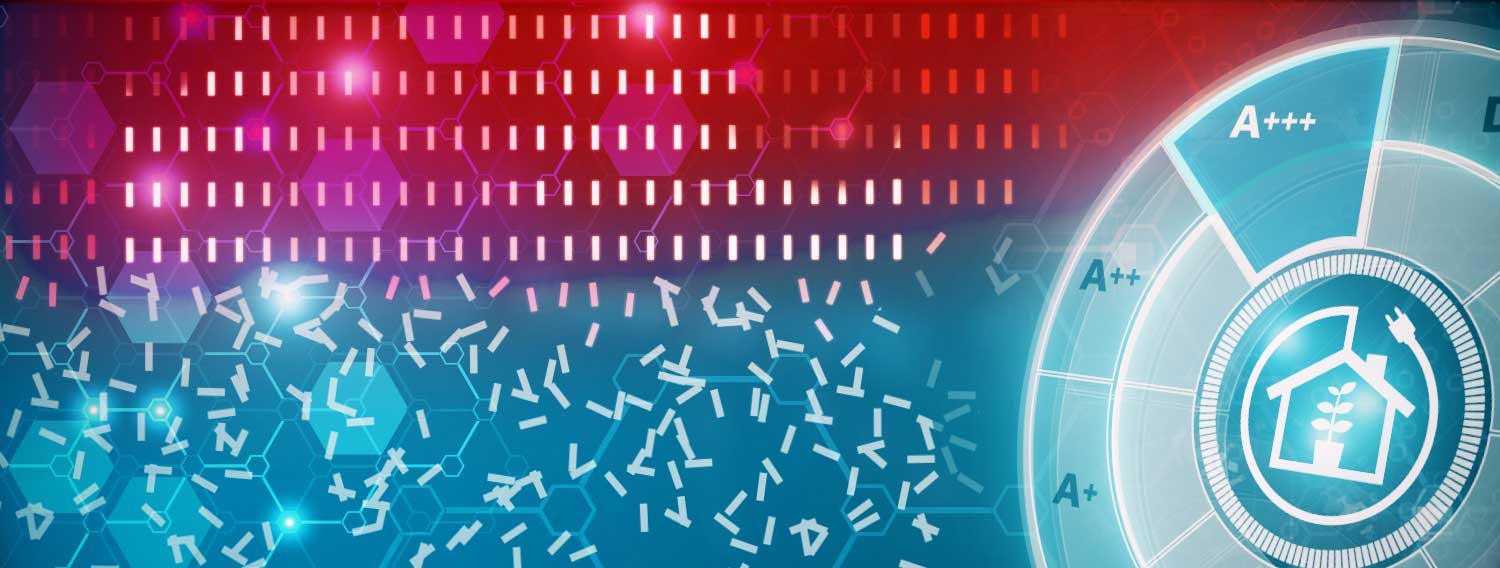
In the ElKaWe flagship project, six Fraunhofer Institutes under the leadership of the Fraunhofer IPM are working on the development of electrocaloric heat pumps for heating and cooling. Today, heat pumps work almost exclusively on the basis of compressor technology. Electrocaloric heat pumps promise a significantly higher efficiency and do not require harmful refrigerants.
EMOTION – Empathetic technical systems for resilient production

The objective of the EMOTION project is to fulfill the need for resilient production. Resilient production systems are systems that are capable of responding, learning and adapting. In these systems, people, intelligent machines and products must work together by leveraging synergies and providing complementary skills. This creates resilience in the face of disruptive change in a turbulent business environment. Collaboration of this level requires the mutual understanding and joint action of all actors involved, making empathy a defining capability of resilient production systems.
FutureCarProduction – comprehensive approaches for the evaluation and development of integral car body concepts for sustainable vehicle manufacturing
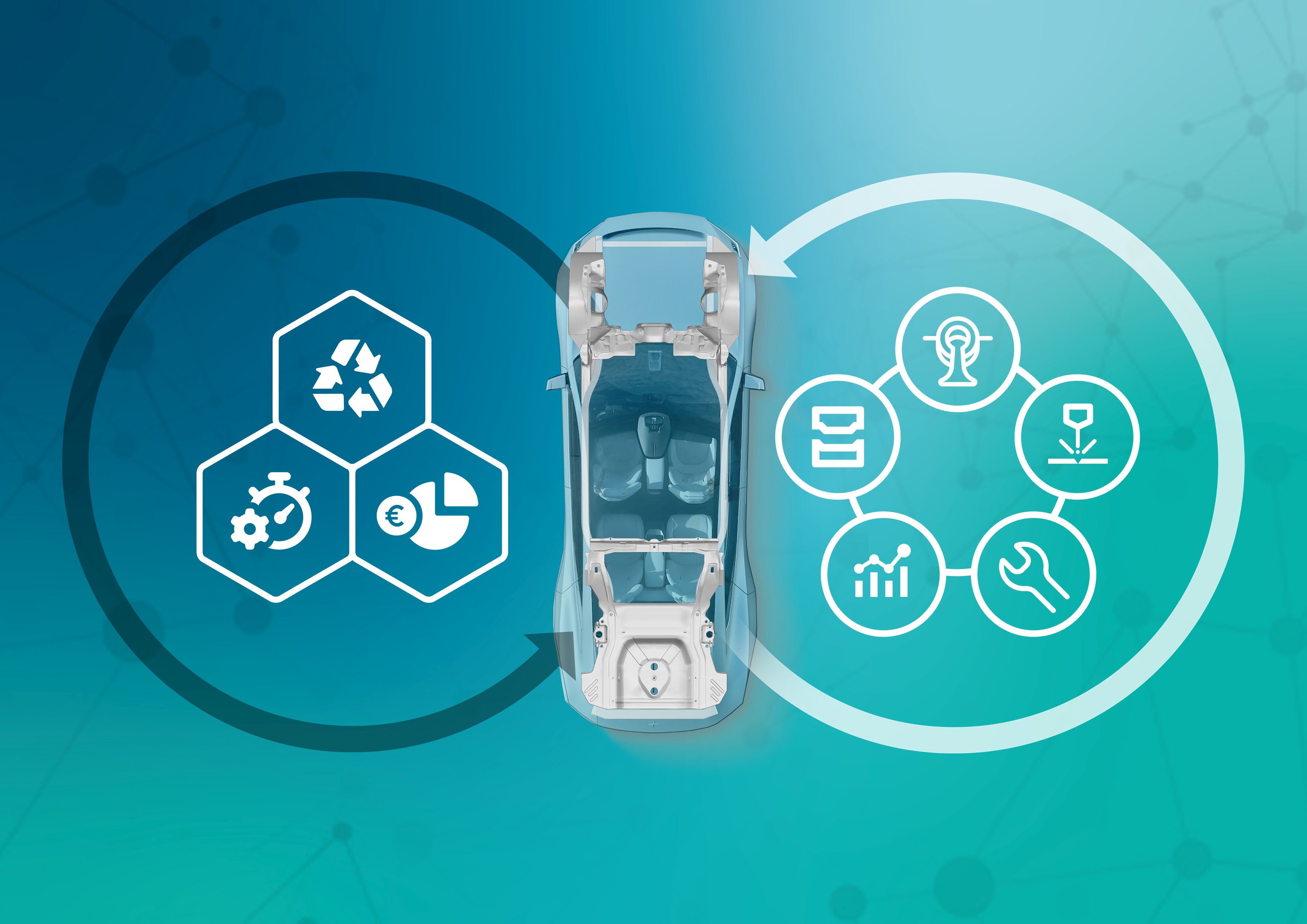
The consortium behind the Future Car Production project aims to develop comprehensive approaches to assess new car body concepts in the automotive industry. To this end, methods, processes and technologies must be established to methodically evaluate and technologically guarantee ecological sustainability while meeting the conflicting priorities of technical performance and costs.
FutureProteins – Coupled agricultural systems for a resilient and sustainbale production of high-quality food proteins
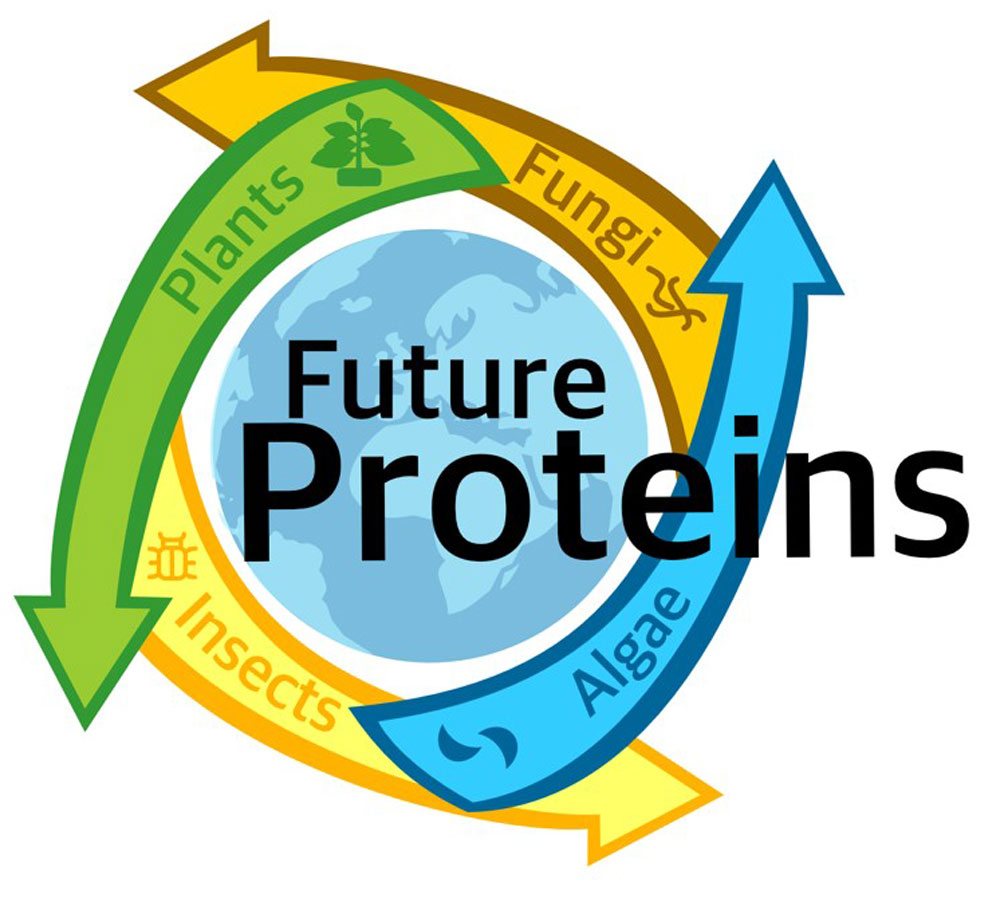
Proteins are vital for life. At the same time, there is a protein shortage in the global food supply. Due to extreme weather conditions as a result of climate change as well as soil and water pollution caused by the use of pesticides and fertilizers, this shortage can increase in the future. One approach to tackle this challenge is to open up novel protein sources as a sustainable alternative for animal source foods suitable for the masses. In the lighthouse project “FutureProteins”, six Fraunhofer institutes develop new cultivation systems, which can produce nutritious proteins from selected plants, insects, fungi and algae.
MaNiTU – Materials for sustainable tandem solar cells with extremely high conversion efficiency

In the MaNiTU flagship project, six Fraunhofer institutes are joining forces in developing sustainable, highly efficient and cost-effective tandem solar cells based on new absorber materials.
NeurOSmart – Analog neuromorphic accelerators enabling efficient and smart sensors

The NeurOSmart project aims to set a new standard for intelligent hybrid computing architectures in autonomous machines and transportation systems. For this purpose, a high-performance sensor system, AI-supported preprocessing and a novel high-performance, analog-neuromorphic, ultra-low-power in-memory accelerator chip are combined. The prospect is an increase in energy efficiency of data processing by at least two orders of magnitude. This will enable the development of novel autonomous systems with previously unattainable intelligence and energy efficiency.
QMag – Quantum Magnetometry

On April 1 2019, the Fraunhofer-Gesellschaft launches the QMag flagship project. Freiburg’s Fraunhofer Institutes IAF, IPM and IWM want to transfer quantum magentometry from the field of university research to industrial applications. In close cooperation with the Fraunhofer Institutes IMM, IISB and the Fraunhofer Centre for Applied Photonics CAP, the research team develops highly integrated imaging quantum magnetometers with highest spatial resolution and sensitivity.
RNAuto – automated production of mRNA therapeutics

In the future, innovative pharmaceuticals such as new vaccines and mRNA-based gene and cell therapy methods will be available to large numbers of patients as part of an affordable healthcare system. This will create a need for automated production technologies that can safely and reliably produce drugs in accordance with the high standards required for pharmaceuticals (GMP certification). In order to develop an AI-driven, automated production process with digital monitoring capacities that is fit for the world of Industry 4.0, the consortium is creating a pool of interdisciplinary expertise covering the fields of medicine, biology and engineering.
ShaPID – Shaping the Future of Green Chemistry by Process Intensification and Digitalization
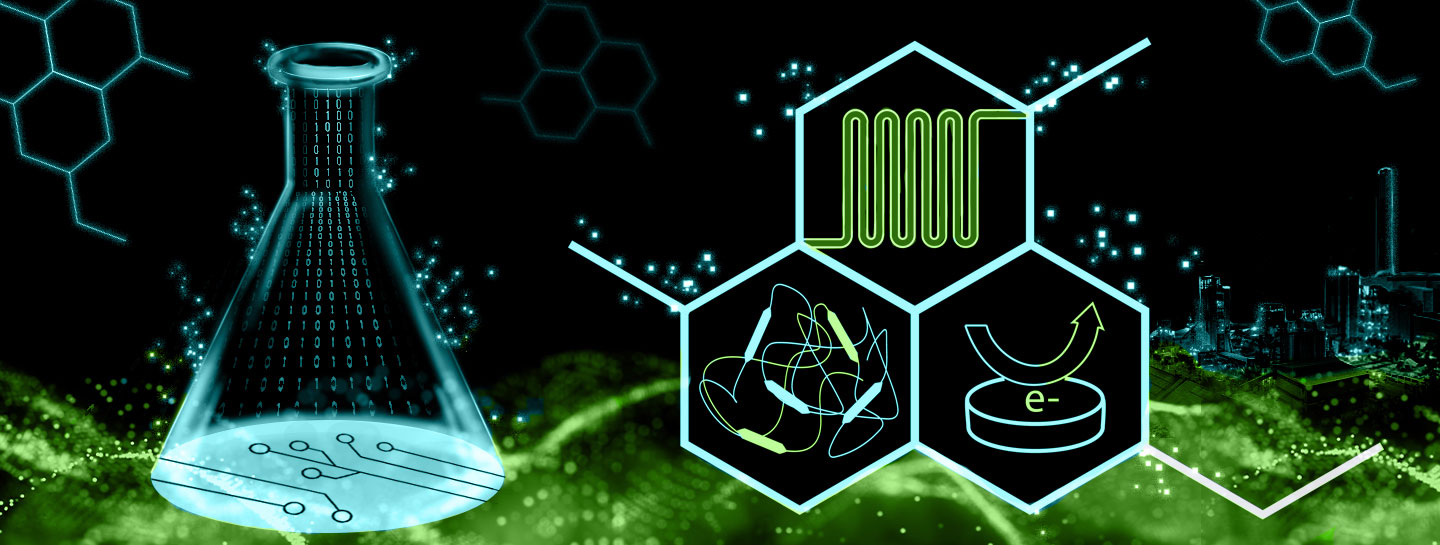
The chemical industry is essential for a wide range of industrial value chains, and is one of the most important drivers of new product developments and innovations. Global challenges in the areas of climate protection, energy and resource efficiency - coupled with political and societal demands for green, sustainable chemistry - have led the chemical industry to set ambitious goals for defossilizing its production processes and establishing circular, greenhouse-gas-neutral material and energy conversion. This transformation calls for major research and development efforts.
SUBI2MA – Sustainable biobased and biohybrid materials
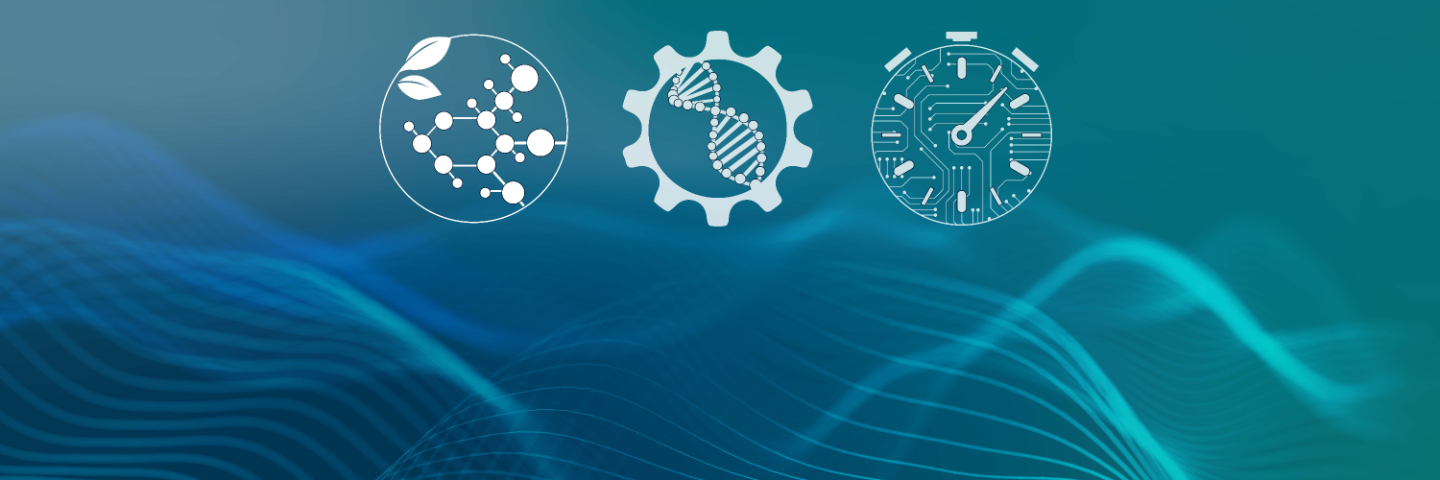
With the flagship project SUBI2MA (Sustainable Biobased and Biohybrid Materials), we present a unique approach to biotransformation of plastics technology. The focus is on the benefits of biobased material building blocks due to their exclusive molecular functionalities. SUBI2MA takes these criteria in the biotransformation of plastics a decisive step further: by integrating such biological components, entirely new materials can be developed, manufactured and made available to the market in the future.
SWAP – Hierarchical swarms as production architecture with optimized utilization

The alliance of nine Fraunhofer Institutes aims to discover/identify new technological concepts for shaping the future of production with their leading project "hierarchical swarms as production architecture with optimized utilization" ("SWAP"). The classical production process for goods right now involves the manufacturing and assembling (of the item/good/commodity) at individual processing stations in a defined process order.
6G SENTINEL – The next generation of mobile communications

The 6G SENTINEL (Six-G Enablers: Flexible Networks, THz Technology and Integration, Non-Terrestrial Networks, SidElink and Localization) project prepares the ground for the sixth generation of mobile communications, which is expected to be launched in 2030.
From waste to raw material - green molecules for chemistry − Waste4Future

A sustainable society, the renunciation of fossil raw materials, climate-neutral processes - the chemical industry has also committed itself to these goals. For the industry, this means a huge challenge within the next few years and decades. This structural change can succeed if all activities - from the raw material base to material flows and process technology to the end of a product's life cycle - are geared toward the goal of sustainable value creation. The key to this is innovation.